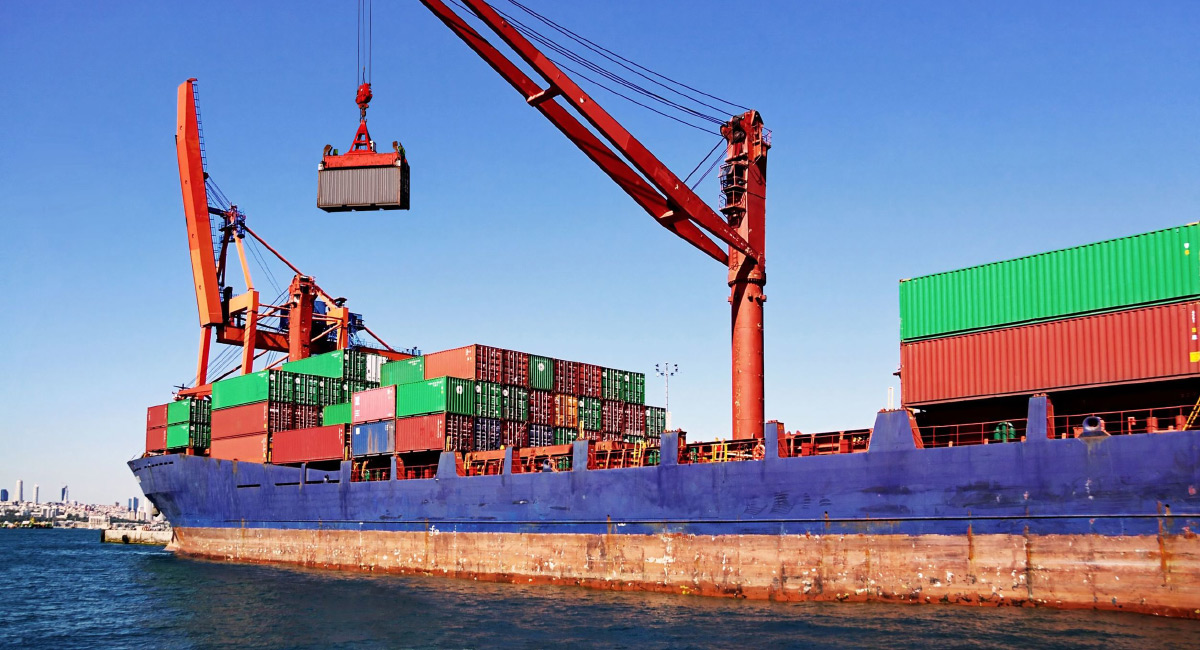It’s time for President Trump to declare victory and end his trade wars. With the election just nine months away, it would help both the economy and his reelection prospects.
Economies boom and slump for many reasons and politicians often get too much credit and too much blame for both. Still, an administration’s policies can have a significant effect on the economy’s performance. And in Trump’s case, his tax cuts and general easing of business regulation likely contributed to the economy’s strong performance during his first three years in office.
However, the trade wars Trump has initiated have had the opposite effect: slowing the U.S. and global economies.
Roughly half of all U.S. imports are raw materials or intermediate goods that are part of the production process for U.S.-based firms. Tariffs and restrictions put in place during trade wars increase business costs and slow economic growth. Similarly, when other countries retaliate against U.S. trade restrictions by erecting their own trade barriers, U.S. exporters are harmed.
Those are the direct effects. But there’s more. Trade wars also create uncertainty, which is anathema to business planning. This leads businesses to hold back on new investments in their global supply chains. This, too, retards growth.
The United States-Mexico-Canada trade agreement is one important step in the right direction. Canada and Mexico are the United States’ two largest trading partners. Although far from perfect, the agreement preserves most of the benefits provided by NAFTA, the earlier three-way trade agreement signed during the Clinton administration, and eliminates the uncertainty of a trade war with Canada and Mexico.
However, the future of Trump’s trade war with China, which had been America’s largest trading partner before the trade war began, remains uncertain. The so-called “Phase One” deal announced in December mostly just pauses the trade war, keeping it (at least temporarily) from escalating. While the agreement stops implementation of new trade restrictions, it also retains most of the duties imposed since the start of the trade war—with two-thirds of all Chinese imports facing duties that are six times higher than when Trump took office.
Furthermore, the agreement could break down if China fails to purchase an additional (above 2017 levels) $33 billion in U.S. manufactured goods, $12.5 billion in farm products, $18.5 billion in natural gas and crude oil and $13 billion in services by the end of this year. These targets were a stretch to start with, but with the coronavirus epidemic creating a major slowdown in the Chinese economy they almost certainly will not be met and the trade war could resume.
To make matters worse, the president has signaled the start of a new trade war with the European Union, which includes three more top U.S. trading partners: Germany, France and Italy. Pushing for new trade agreements can be a tool to create a freer global trading environment, but thus far all of Trump’s actions have taken the United States in the opposite direction.
Ideally, the United States would have duty- and barrier-free trade agreements with all of its trading partners. But even in the absence of such agreements, if the United States practiced free trade unilaterally we still would benefit economically.
That’s why Trump should declare victory in his trade wars, take pride in the concessions he’s received from other countries and unilaterally begin lowering U.S. trade barriers. This would give a boost to U.S.-based exporters and importers and encourage businesses that have been stymied by uncertainty to begin making new investments.
Most voters understand little about the content or effects of trade agreements, but they know how they feel the economy is doing.
If Trump declared victory in his trade wars, the vast majority of voters won’t know or care much about the details, but they’ll have more confidence in the future of the economy and the president will get the credit in November.












